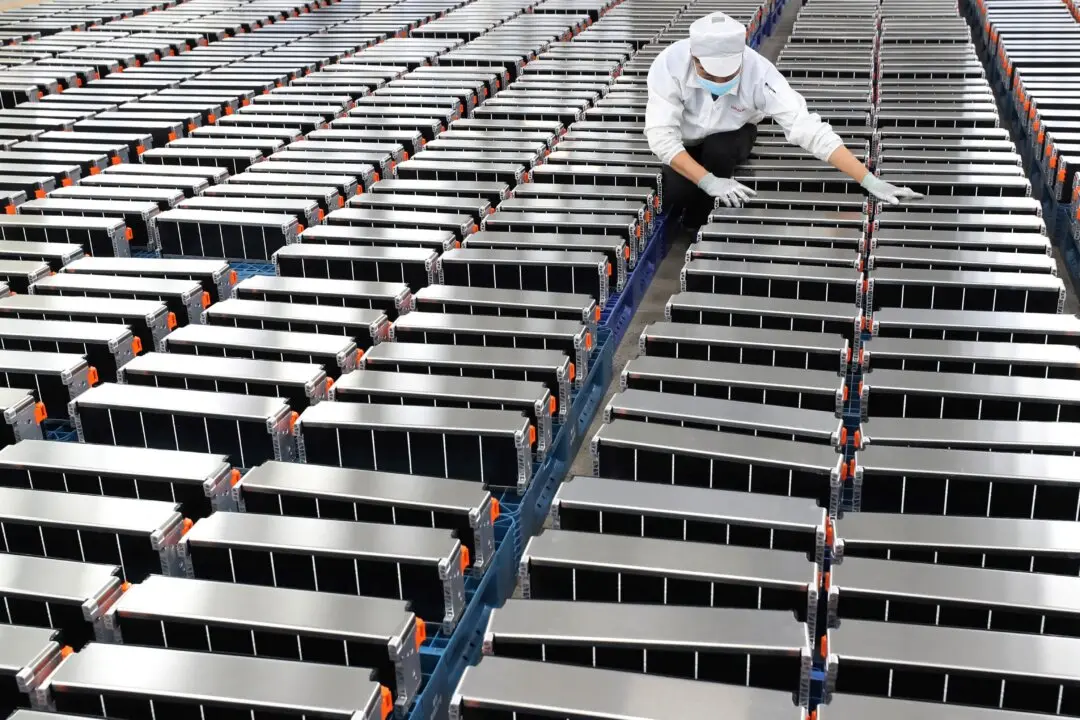Scientists have created the world’s first anode-free sodium solid-state battery that they say is cheaper than the dominant lithium batteries.
The new breakthrough was made by researchers from the Laboratory for Energy Storage and Conversion (LESC) at the University of Chicago. Traditional batteries have an anode that stores charged atomic particles called ions. When the battery is turned on, ions flow from the anode to the cathode, or the current collector, to power devices.





